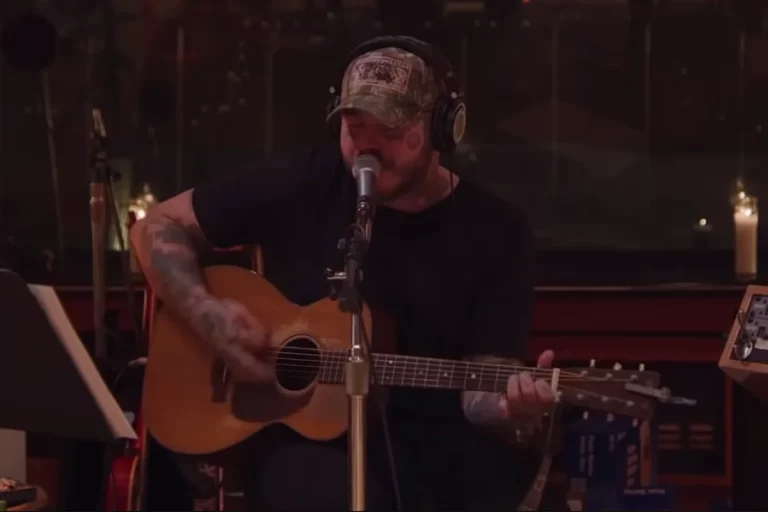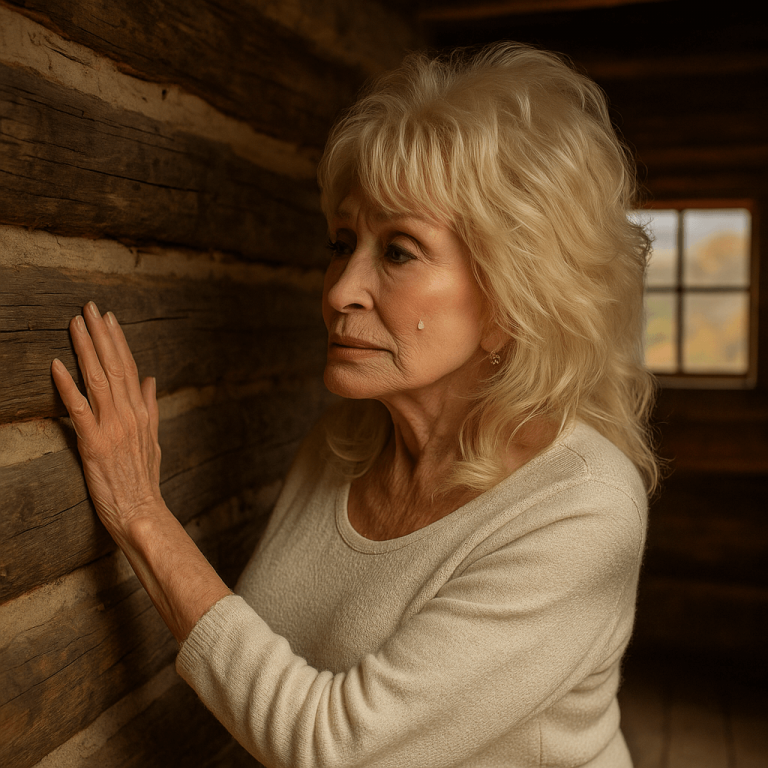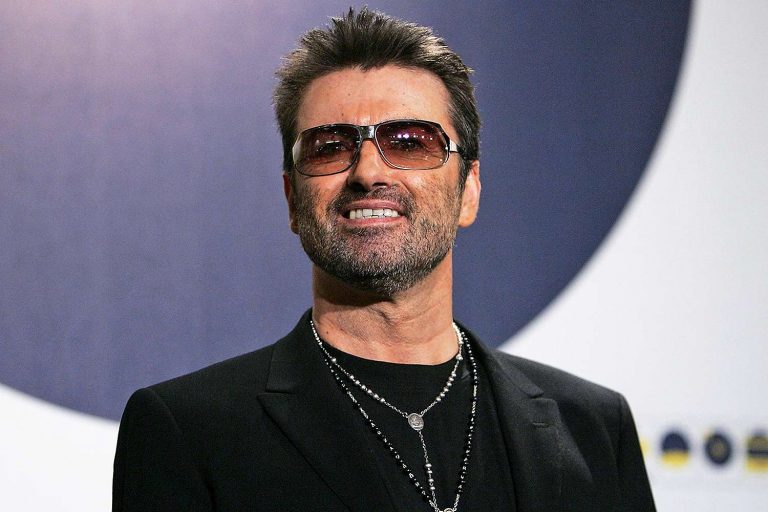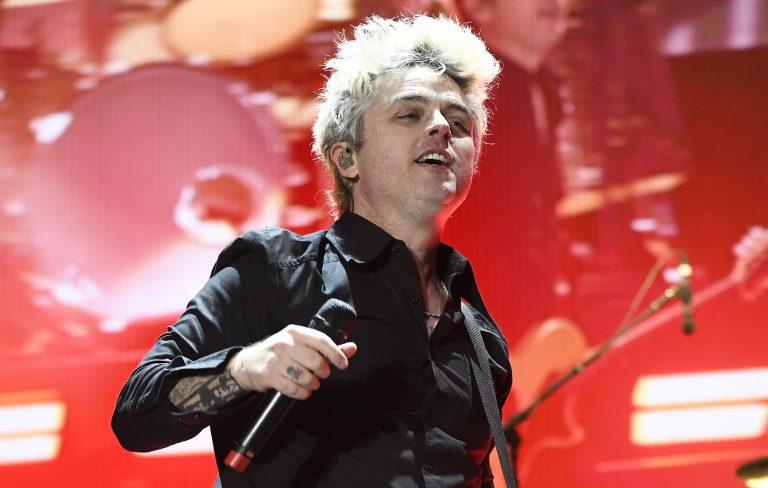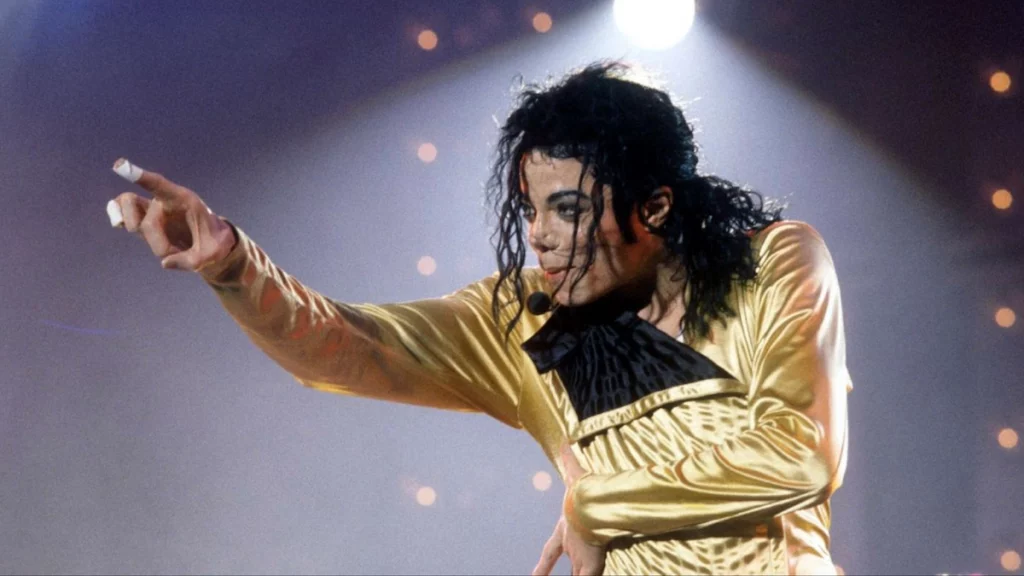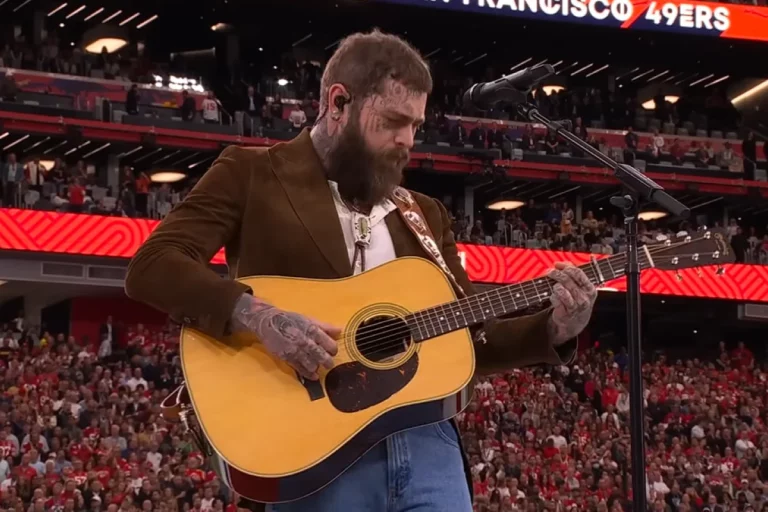When Andrea Bocelli joined voices with his son Matteo Bocelli, the result wasn’t just another classical crossover release — it was a deeply personal moment captured in music. Released in 2018 as part of Andrea’s album Sì, Fall On Me quickly became one of the most beloved duets of the decade.
This wasn’t just a collaboration. It was a legacy unfolding in real time.
At its heart, Fall On Me is about guidance, trust, and unconditional love. The lyrics speak of light in darkness, strength in vulnerability, and the comfort of knowing someone is there to catch you when you fall.
There’s something beautifully symbolic about the structure of the song. Matteo’s voice carries youthful longing and uncertainty, while Andrea’s voice enters with warmth and reassurance. It feels less like a performance and more like a conversation — a musical exchange between generations.
The bilingual versions (English and Italian, titled “Ven a Mi”) deepen its universal appeal, allowing the emotion to transcend language barriers.
The official music video enhances the song’s emotional weight without overwhelming it. Rather than flashy effects or dramatic storytelling, it focuses on presence and connection.
Andrea and Matteo stand together in elegant, minimal surroundings. The camera lingers gently. The expressions are sincere. The chemistry is unmistakable.
The result? A video that feels authentic and timeless — much like the bond it represents.
A Moment Bigger Than Music
Fall On Me also reached wider audiences when it was featured in the end credits of Disney’s The Nutcracker and the Four Realms. The placement introduced the duet to a global family audience, reinforcing its themes of love, protection, and courage.
For many listeners, this song became more than a soundtrack piece — it became a wedding song, a tribute to parents, a reminder of faith, or simply a source of comfort during difficult times.
The Beginning of Matteo’s Journey
While Andrea Bocelli’s legacy was already cemented, Fall On Me marked a powerful introduction of Matteo Bocelli to the world stage. Since then, Matteo has stepped into his own spotlight, building a solo career while honoring the musical foundation he inherited.
But no matter where his journey leads, this duet remains the moment where father and son stood side by side — equals in harmony.


